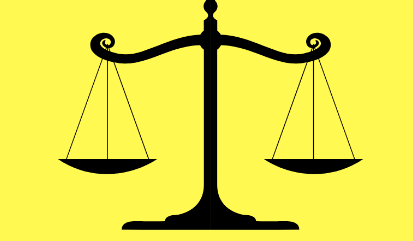From Where I Sit: The Myth of Neutrality and The Way It Causes Harm
A few months ago I wrote a piece called: John Legend, Jollof, and Jesus- On Decolonizing Our Approach To Bible Study and in it, I talked about the need for developing a hermeneutic of suspicion so that we can embrace the perspectives of others and have a more robust and informed view of God. I also talked about "social location" but didn't go into much detail. Due to an increasing number of requests, I decided I would write a follow up to that article.
What Is Social Location?
Social location forms the lenses through which people read and interpret Scripture. All people come to the text with certain assumptions and experiences that are, to a great extent, based on the groups with which they identify and into which they were enculturated. No one comes to the hermeneutical task without preconceived assumptions, life experiences, or cultural biases. Social location affects what we see or don't see in the text. It affects our notions of power and privilege; it affects the questions we ask…
Keep reading with a 7-day free trial
Subscribe to Tamice Namae Speaks to keep reading this post and get 7 days of free access to the full post archives.




